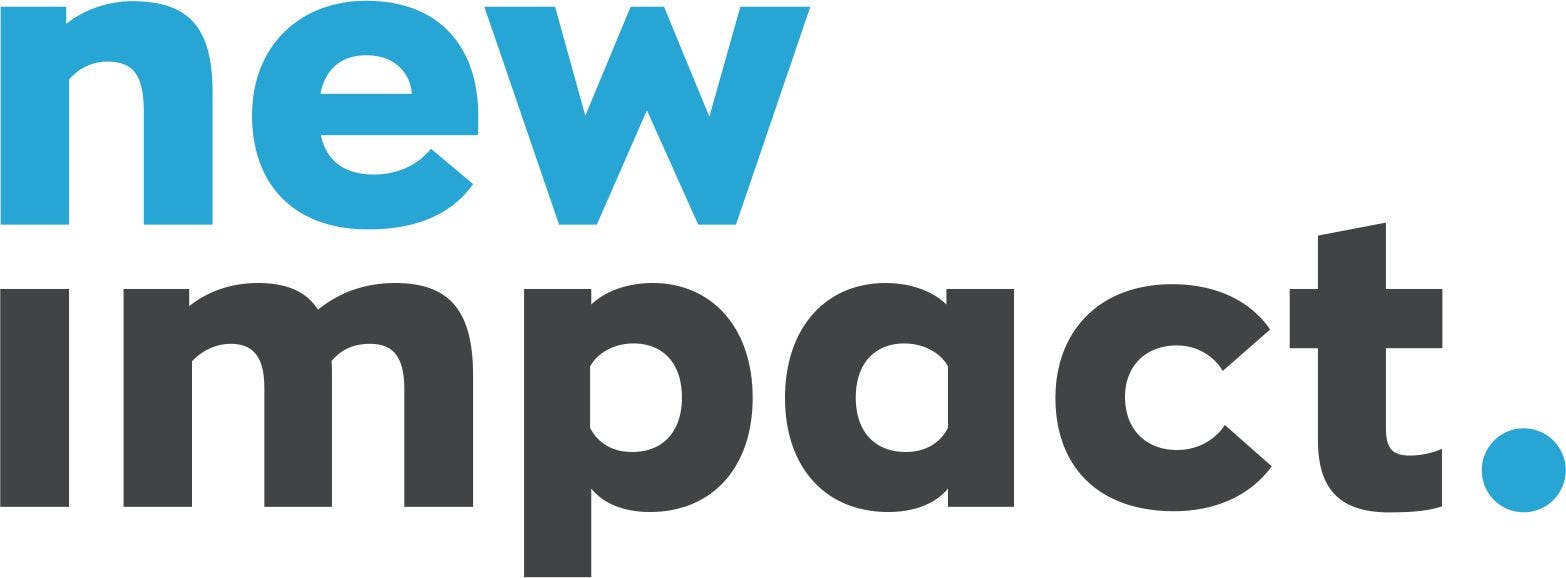Skip to content
and have advanced software development by making it easy to share knowledge and code – this has , enabled reuse of solutions, expanded the knowledge range of languages and tools for many developers, and created community. has expanded accelerated science by connecting volunteer ‘citizen scientists’ with research projects. This collaboration between scientists and the public on research projects has led to at unprecedented rates in various fields of science. was founded with the vision for every person on the planet to have free access to the sum of all human knowledge. Twenty years later, it is the most linked-to website in the world and it’s free. The English-language Wikipedia alone has ~10 billion page views per month−edited and maintained by more than 41,000 active volunteers monthly. Wikipedia is now available in 325 languages and more than 85% of Wikipedia articles are in languages other than English. It has forever altered how we access and publish knowledge, education, and more. is a free and open knowledge base that can be read and edited by both humans and machines. Originally created in 2012 to solve issues with the infobox on Wikipedia pages, Wikidata now provides free data for more than ninety-six million concepts and is used in all sectors from Google in the private sector to public libraries and scientific research to nonprofit world-class museums. It provides linked open data to over 4,000 external databases, projects and catalogs and is increasingly a crucial public-facing interlinking hub connecting knowledge around the world.AI technologies, such as , stand as a transformative force in natural language processing, empowering users to automate content generation, enhance communication, and access complex information with ease. Its widespread accessibility through APIs has democratized advanced language capabilities, fostering innovation in fields such as content creation, education, translation, creative writing, and research. GPT-3 has accelerated the pace of knowledge dissemination and application across industries, making it a pivotal tool for advancing understanding and sparking creativity and innovation.accelerating solutions and breakthroughs by building on collective knowledgeleveraging existing knowledge allows more time and funding for building and contributing new knowledge, reducing redundant effortsongoing contribution to collective knowledge creates richer and deeper knowledge base that leads to finding new connections, patterns, and solutionsexpanding the range of knowledge to include perspectives and types of information not commonly shared leading to more informed solutions and expanding potential solutions, opportunities, and thinking
Tri-Sector Mindset & Tools: A Guide
- Pages
Share
Explore

CommonSource.care
A Knowledge Commons for the Common Good
Never before has society had such abundance of knowledge, tools, and data at its disposal, yet it’s difficult to leverage these for the greater benefit of society for a wide range of reasons.
What would the world look like if we could pool our resources — our knowledge, tools, and data— to create a free and open system for creating and sharing knowledge, insights, and wisdom to drive accelerated transformation and impact to benefit people, societies, and the planet?
In this public good system, people could freely use, create, and share knowledge and insights, with permissions for others to adapt and enrich – co-creating value for the benefit of all without any exchange of money.
Information could be linked and organized for impact and to support exploration and finding of relevant knowledge and insights. Emerging technologies like AI hold the potential for supercharging these connections and systems creating a rich network of knowledge — a free and open CommonSource for the common good.
Shared knowledge & tools can be transformative
Throughout history, new tools to organize, contribute, find and share information and knowledge have proven to be transformative -- especially when they are free and open to all.
Recent well-known examples include:
These examples illustrate that free open tools for knowledge creation and sharing lead to new ways of finding and sharing; a diverse expanding pool of collective knowledge, insights, and resources; and spark new/different solutions and opportunities. Free and open tools provide value to communities and to organizations in all sectors of all sizes.
Open and free knowledge tools applied to complex societal problems can bring about progress through:
A system like , that helps people who want to have an impact, would be transformative — sparking individuals, organizations, and communities to solve problems and find opportunities in new ways that drive progress towards a better world.
We’d love to hear from you if you are
interested in this idea or want to get involved!
Want to print your doc?
This is not the way.
This is not the way.

Try clicking the ··· in the right corner or using a keyboard shortcut (
CtrlP
) instead.